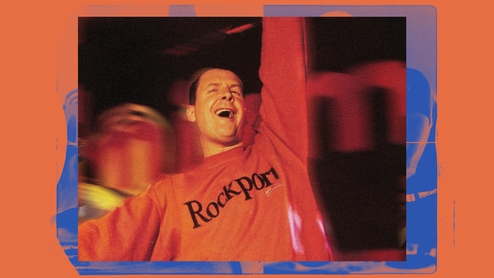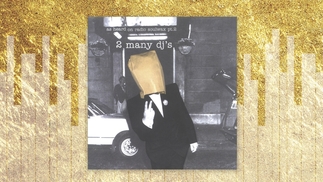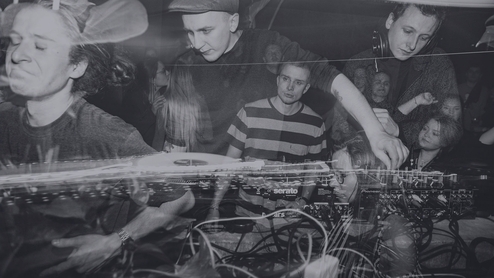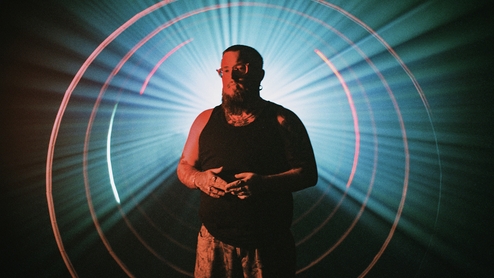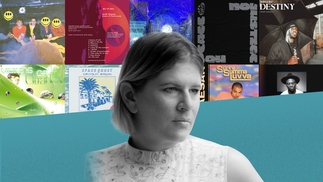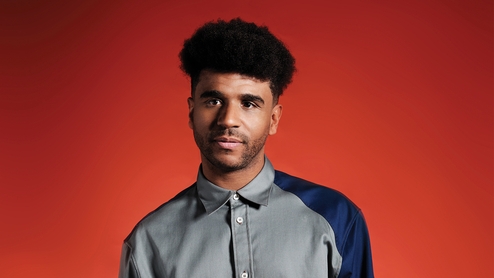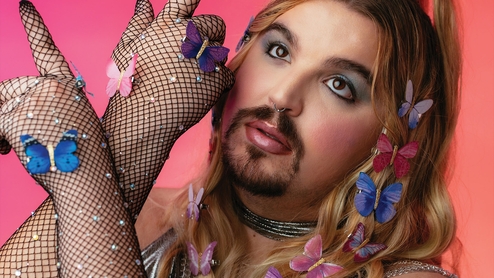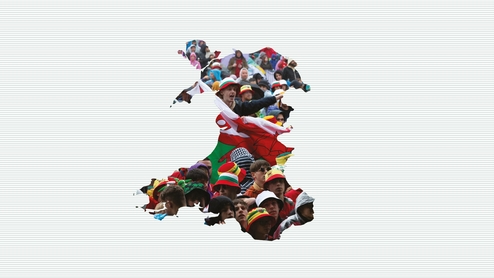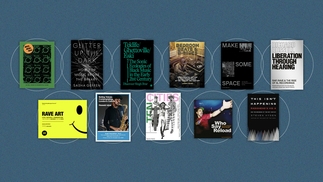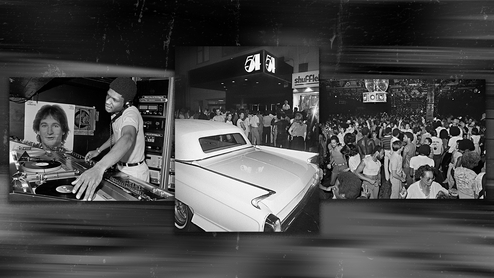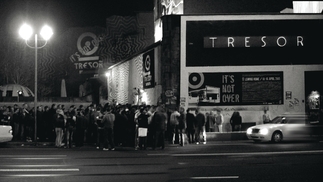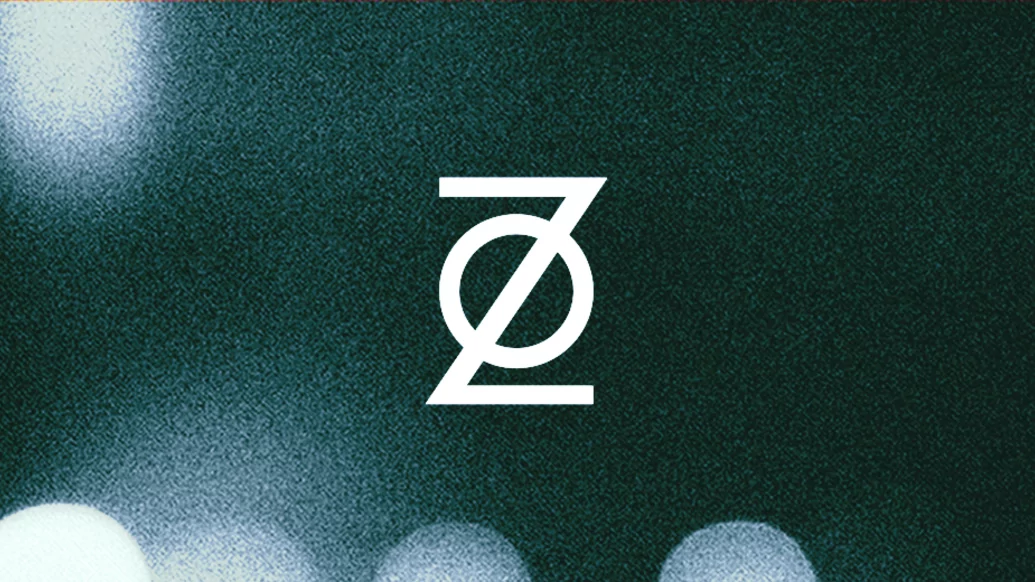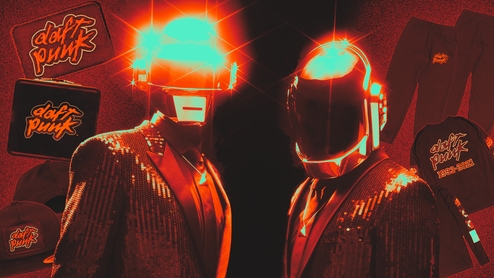In case you hadn’t noticed, hard house is back. Though for some, like the ill behaviour, it never went away. A new generation of DJs...
Search
Results for: DJ Mag USA
Flawless DJ, frequent hitmaker, dedicated mentor: Tony De Vit was a true hero of UK dance music. The most high-profile resident at hedonistic queer club Trade, he helped create the hard house sound, and was renowned not only for his impeccable mixing, but his compassion and care for others. Ahead of a new documentary, and with hard house at large once more, Stewart Who? reflects on his legacy with those he was close to, and those he influenced
A vital document of music in 2002, ‘As Heard...’s headline-grabbing mixes of well-known tracks helped sneak a handful of underground dance classics into more than...
A new wave of Polish electronic artists are drawing from the country’s musical past and the atmosphere of its Baltic coast to create a fresh take on Ibiza’s Balearic beat. Ben Murphy speaks to artists, promoters, DJs and labels about this unique scene's development
Over the past three years, the name RIOT CODE has become synonymous with a strain of hard, fast techno, landing on labels like Noise Manifesto, HOMAGE and NineTimesNine and hammered out at parties like Teletech. Formerly a duo, the Derry-based project is now an individual venture for Oliver Grant, who’s ready to lift the trademark mask and take things to the next level. Alongside a storming Recognise mix that capture’s RIOT CODE’s past, present and future sounds, he speaks to Olivia Stock about going solo, navigating the techno scene as a trans artist, and what the future holds
Dr Rachel Gow used to be a club promoter in the ‘90s, before studying to be a nutritional neuroscience expert. She now runs the Nutritious Minds...
In this series, Selections, we invite DJs, producers and label heads to dig into their digital crates and share the contents of their Bandcamp collections...
Twenty years after it first lit up dancefloors around the world, Rui Da Silva and Cassandra Fox's No. 1 hit ‘Touch Me’ is transcending generations...
After eight seasons at DC-10 in Ibiza and two lost to the pandemic, Jamie Jones makes his grand return to Ibiza this summer, and is moving his flagship party, Paradise, to Amnesia Ibiza. For his DJ Mag cover feature, Anna Wall speaks to the Hot Creations boss about coming up in the East London after-hours scene, mentorship, and becoming a dad
Brandon Wisniski has refused to let anyone stifle their “batshit crazy dream” of becoming a pop culture icon. Now, as Megan Venzin discovers, the queer rapper and producer known as Wreckno is breaking boundaries and fostering inclusive spaces so others like them can reach the stars
Since electronic music’s early days, Wales has produced incredible artists, but is often overlooked in its history. Here, Dave Jenkins celebrates the unsung heroes of the scene and meets a new generation putting their national identity at the forefront of their music
From the histories of global scenes, sounds and labels, to explorations of music’s power to alter the fabric of society and forge communities, here are...
Bill Bernstein dedicated three years of his life to capturing the essence of the ‘70s New York disco scene. Here, Simon Doherty talks to him about some of his most iconic photographs, including images of Studio 54, Larry Levan, Odyssey Disco Club Dancefloor — made famous by Saturday Night Fever in 1977 — and more
One of the world’s most respected clubs, Berlin’s Tresor, has been at the forefront of underground dance music for three decades. Led by Dimitri Hegemann...
The team behind Parisian label Zone — The Hacker, Alexandre Reynaud and David Rimokh — discuss the friendship and artistic ethos behind their techno and...
Daft Punk split up three years ago, but thanks to a near-constant stream of archival video releases, album reissues, merch drops and more, the robots feel more present than ever. But what are the limits to one of dance music's most iconic acts' prolific post-split existence? Will it start to wear thin? And what does it all say about the brand-focused and content-driven ecosystem we find ourselves in today? Ben Cardew dives in
